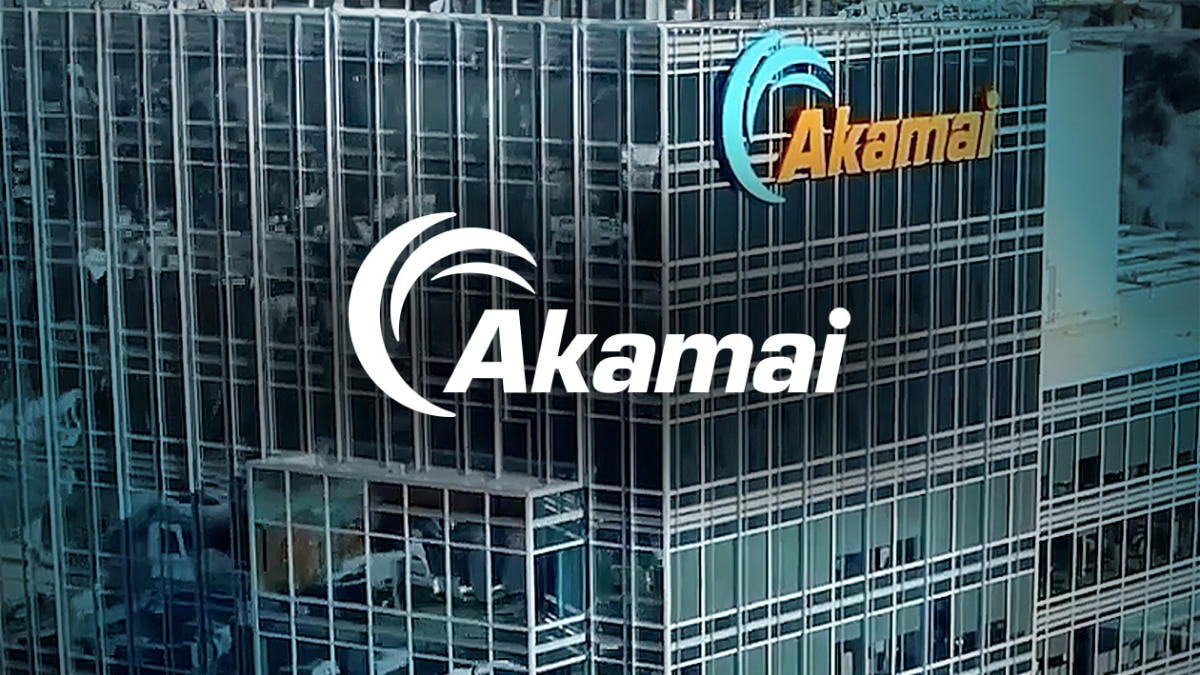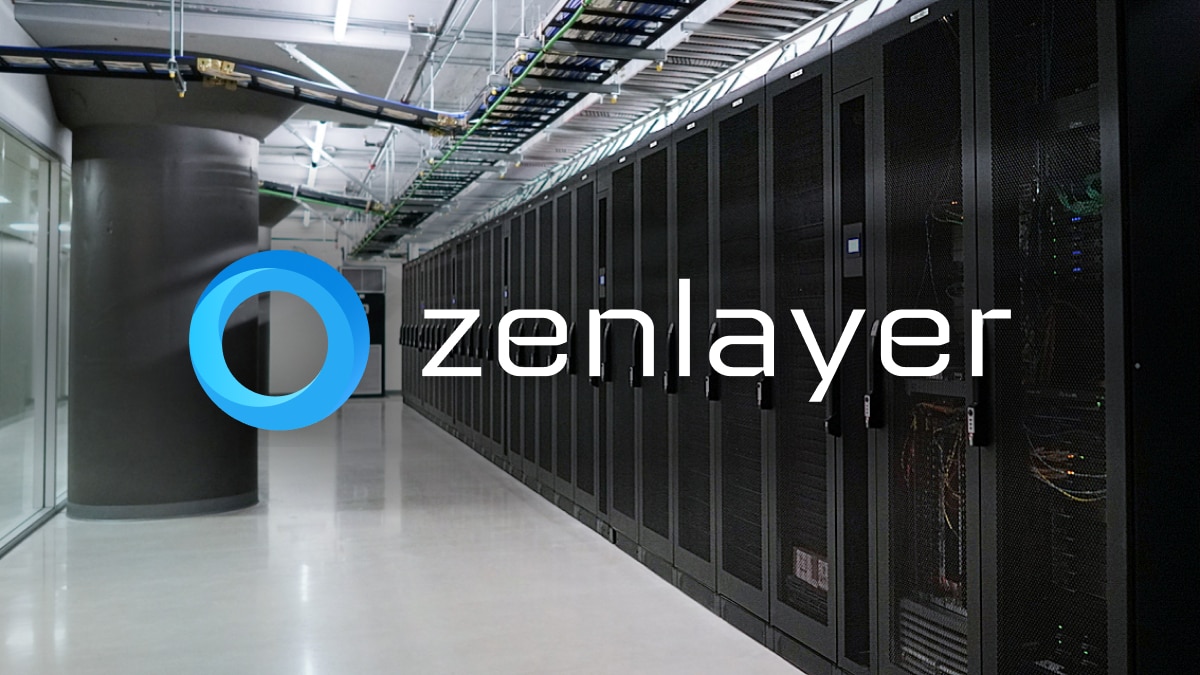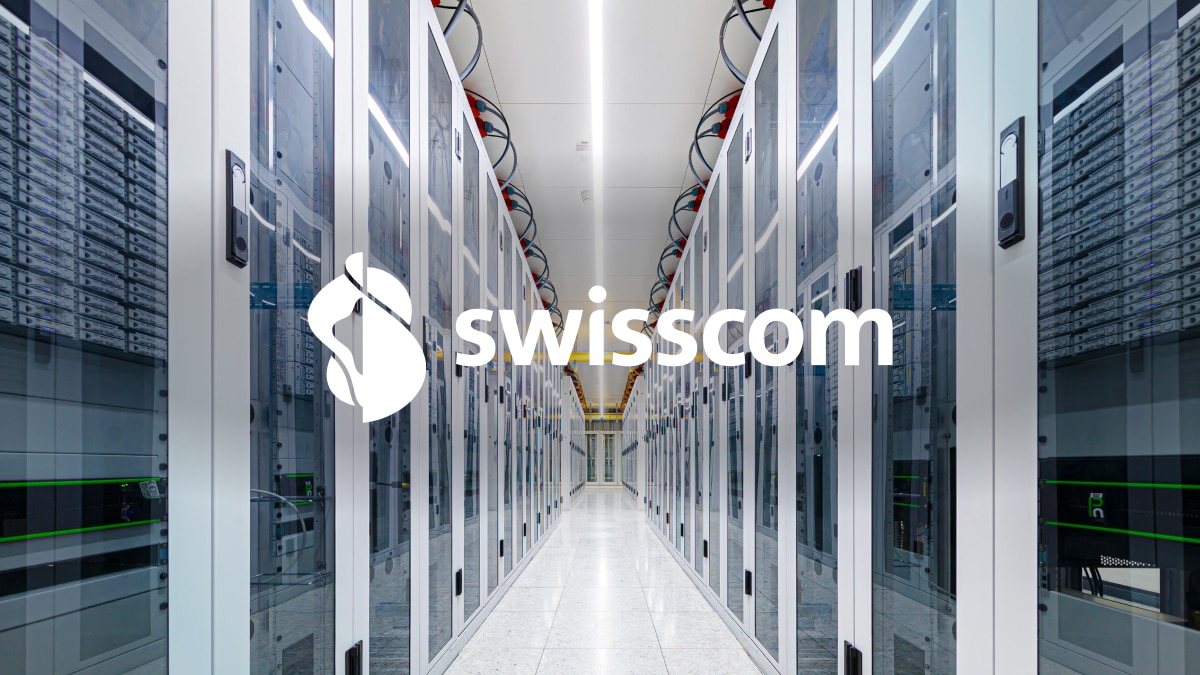Mahindra drives new revenue with cloud HPC
Mahindra powers virtual SUV launch, HPC, IT modernization, and more with AMD EPYC™ CPU-based Google Cloud VMs
“You can never tell your CFO that going to cloud will save money. Instead, you must say we will earn money by going to cloud,” says Abhishek Sukhwal, Head of Infrastructure (cloud, data center, network) for the Mahindra Group. Fulfilling that pledge requires carefully selecting the processors on which to run AI, applications, HPC workloads and more. For Mahindra Group, that means using Google Cloud instances powered by AMD EYPC processors.
“The processors cloud providers offer in their virtual machines are a critical factor for costs, workload, and price-for-performance,” said Sukhwal. “AMD EPYC™ processors in Google Cloud meet our performance demands while saving us about 40% on costs.”
Cloud optimization is continual at Mahindra Group, and Sukhwal says AMD processor-based instances are now available from Google, AWS, and Microsoft. “They perform well at lower costs,” he said. That includes HPC workloads and a key introduction of a new vehicle from Mahindra’s automotive subsidiary.

Mahindra drives new SUV sales with Google Cloud and AMD
Mahindra introduced its cutting-edge Thar ROXX five-door SUV virtually—via a website that enabled customers to reserve their Thar ROXX model. The reservations went to the production team, which in turn calculated delivery dates and communicated those to customers. Sukhwal said the company took about 200,000 reservations via the site in about 1.5 hours. He noted those numbers would not be possible with physical showrooms, just digital. “We ran that entire process with Kubernetes on AMD EPYC processors in Google Cloud,” he said. Sukhwal estimates Mahindra saved about 40% of the costs of running that initiative by using AMD EPYC processor-based virtual machines (VMs). “This is an experience where you can justify new technologies to your CFO,” he said.

Making the case for cloud HPC
Mahindra has also migrated its design-oriented HPC workloads to AMD EPYC processor-based Google Cloud VMs. “We are one of the few companies in India that have moved HPC workloads onto cloud and done so profitably,” said Sukhwal. “Some will say HPC is too expensive in the cloud, but using an AMD EPYC processor there makes our business case.”
Abhishek notes that workload processing speed has improved with moving HPC to Google Cloud instances powered by AMD EPYC processors, helping him reduce licensing costs. With AMD EPYC CPU-based instances, Mahindra’s infrastructure group can use fewer cores for the same workloads. The bottom line is licensing costs per core have decreased.

Extending the cloud to application teams
The successful online introduction of the Thar ROXX SUV demonstrated the power of AMD EPYC processor-based VMs. Now the infrastructure team is promoting those capabilities to the company’s many application teams. “The AMD EPYC CPU-based virtual machines are more cost-effective and deliver greater application performance,” Sukhwal said. “Why pay more than you need to?”

About the Customer
Founded in 1945, the Mahindra Group is one of the largest and most admired multinational federation of companies, with 260,000 employees in over 100 countries. It enjoys a leadership position in farm equipment, utility vehicles, information technology and financial services in India and is the world’s largest tractor company by volume. It has a strong presence in renewable energy, agriculture, logistics, hospitality and real estate. For more information visit mahindra.com.
Case Study Profile
- Industry:
Diversified multinational conglomerate - Challenges:
Drive new revenue by migrating IT infrastructure, applications and HPC workloads to cloud - Solution:
Deploy Google Cloud instances powered by AMD EPYC™ processors to run Kubernetes-based ecommerce launch, HPC workloads, and more - Results:
200,000 reservations booked for new SUV introduction on ecommerce site in 1.5 hours - AMD Technology at a Glance:
AMD EPYC™ Processors - Technology Partners:











